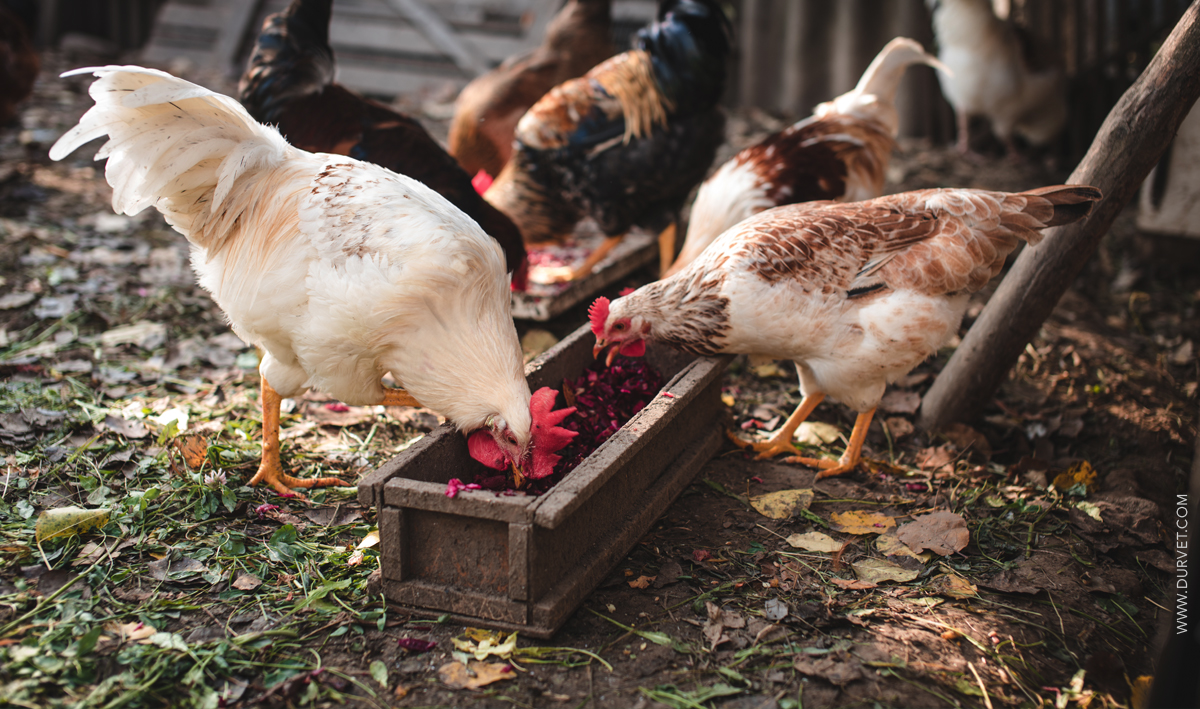
Spring is chick season for many poultry breeds, and February is the time when birds prepare for egg-laying and hatching. Over the last several years, chicken-keeping has become a popular facet of hobby farming, whose devotees seek environmental sustainability and stewardship in how they raise livestock. Now, however, the coronavirus pandemic has accelerated growth of small and backyard chicken farms as people facing food insecurity turn to poultry as a primary food source.
The surge in popularity of backyard chicken rearing spells opportunity for dealer and farm retail stores. Customers new to raising chickens will be flocking to stores to buy not only chicks, but also the other supplies needed to keep their flock healthy. They will be looking to store employees to educate them on what they will need and why.
Food, water and shelter top the list for most animals and chickens are no exception. Below are some tips and checklists to review with employees so they are well prepared for chick season.
New Chick Needs:
Housing - a covered box with at least 18" high sides works well
- Make sure to prevent drafts when possible
- Bedding should be provided and cleaned daily. Pine shavings work well
- Provide 1/2 square foot per bird
Heat - use a 250-watt infrared heat lamp or radiant warming unit
- Keep extra bulbs on hand in case one burns out
- For the first week, keep the temperature around 90-95 degrees F. Decrease the temperature 5 degrees each subsequent week.
Water - ensure chicks have access to clean, fresh water at all times
- An elevated or enclosed waterer can help it stay clean
- Providing a Vitamin and Electrolyte premix in the water aids in hydration and nutrition for a fast start
Feed - a chick starter ration is the ideal choice
- Medicated chick starters are a good choice for chicks that have not been vaccinated for coccidiosis. Baby chicks are particularly susceptible to coccidiosis, a common intestinal disease in chickens, as their immune system is still developing. Most medicated starter feeds contain Amprolium, a coccidiostat, which can help young chicks develop an immunity to coccidiosis as they mature.
- Non-medicated chick starters are typically recommended for chicks that have been vaccinated against coccidiosis.

 BACK TO MAIN BLOG
BACK TO MAIN BLOG 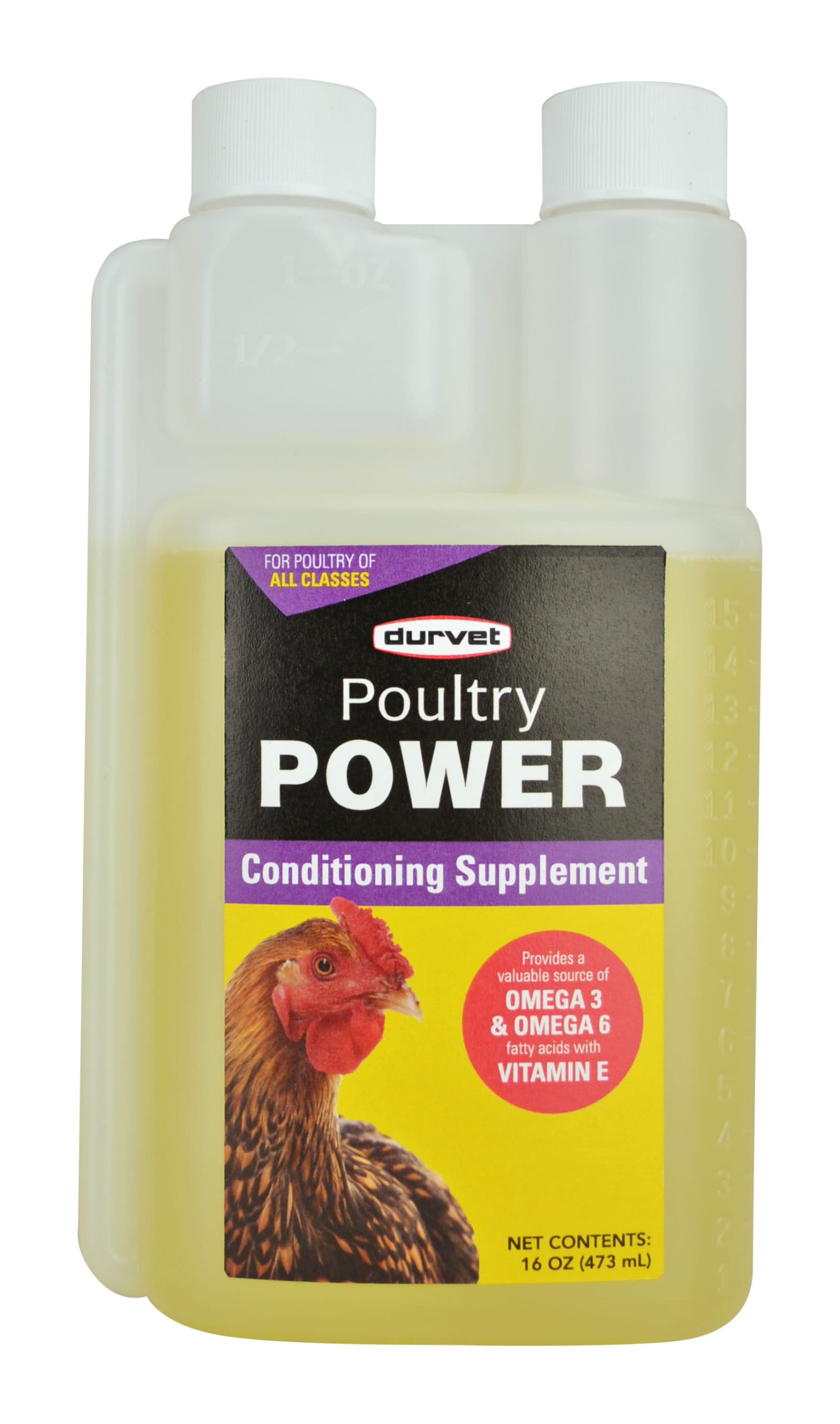
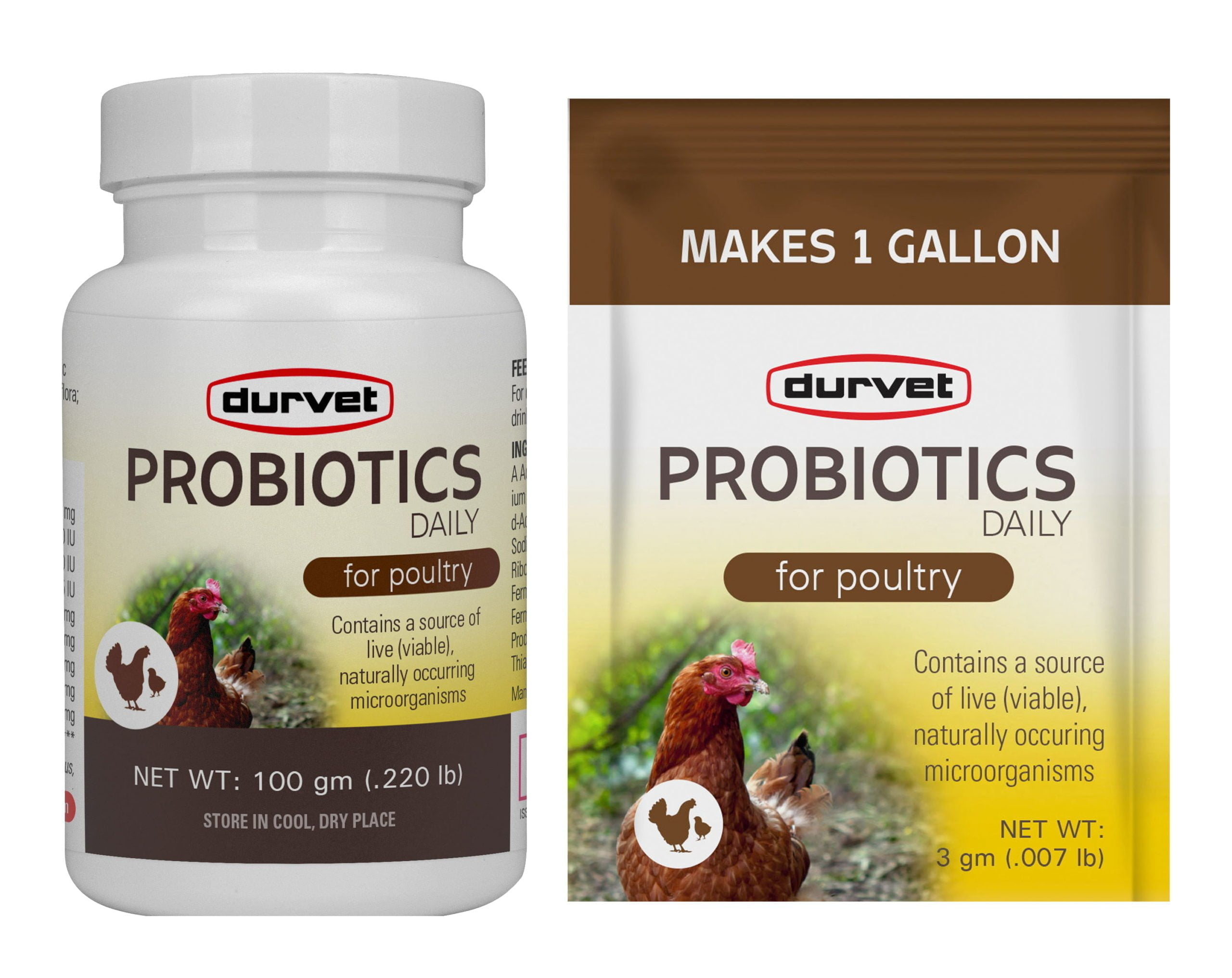
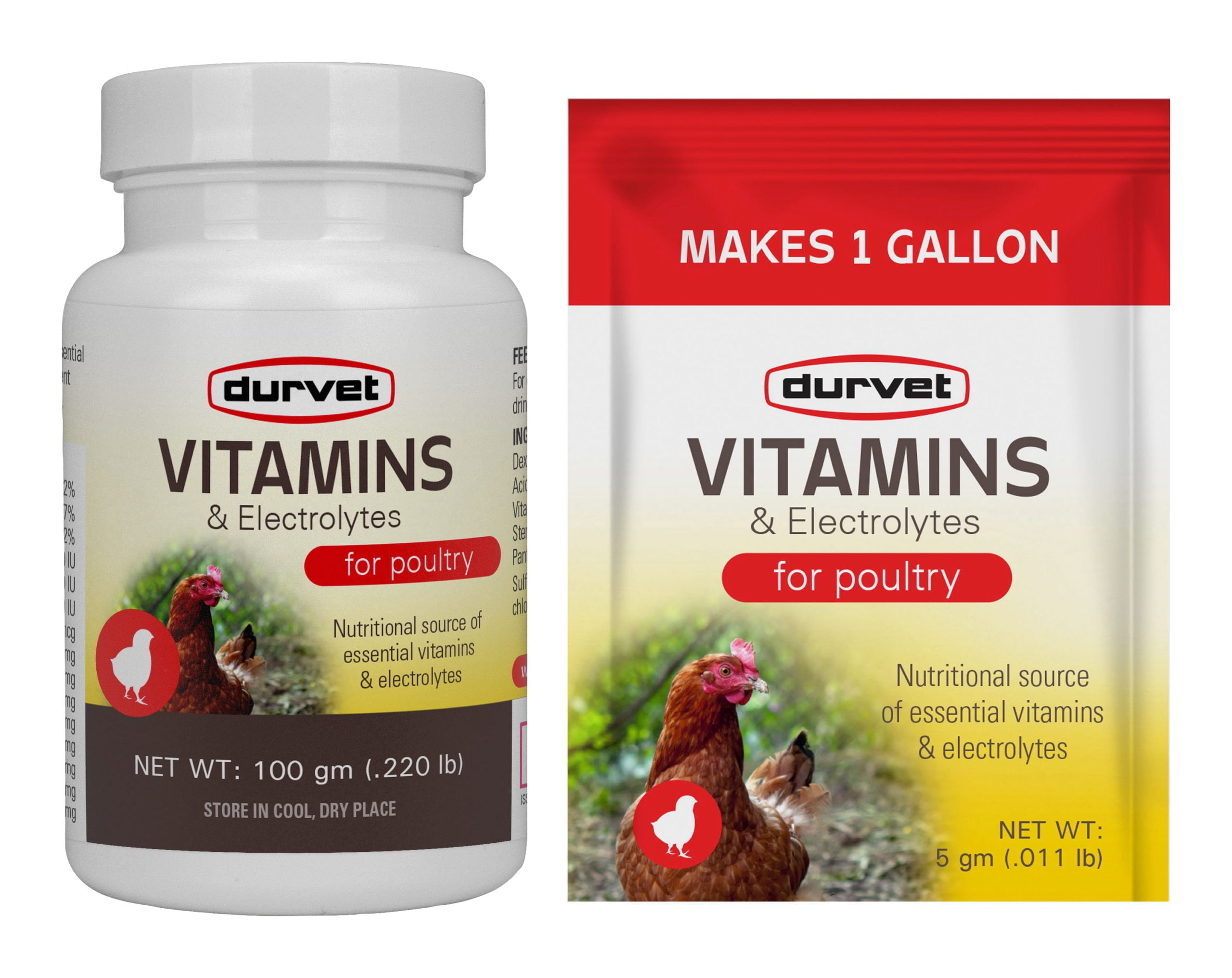
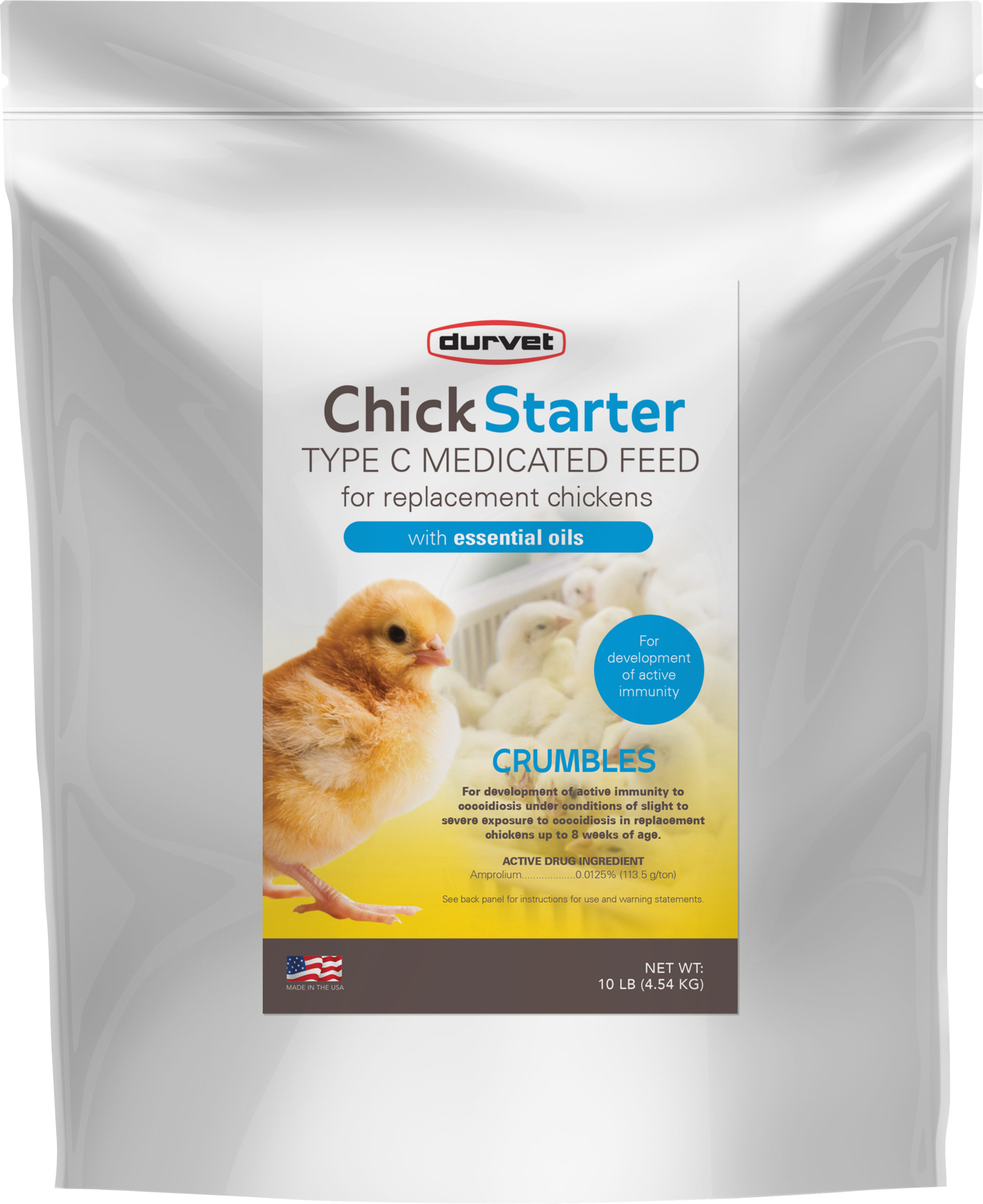
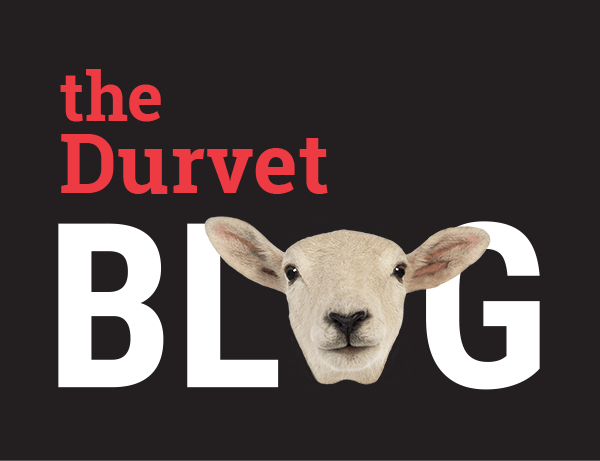
Comment